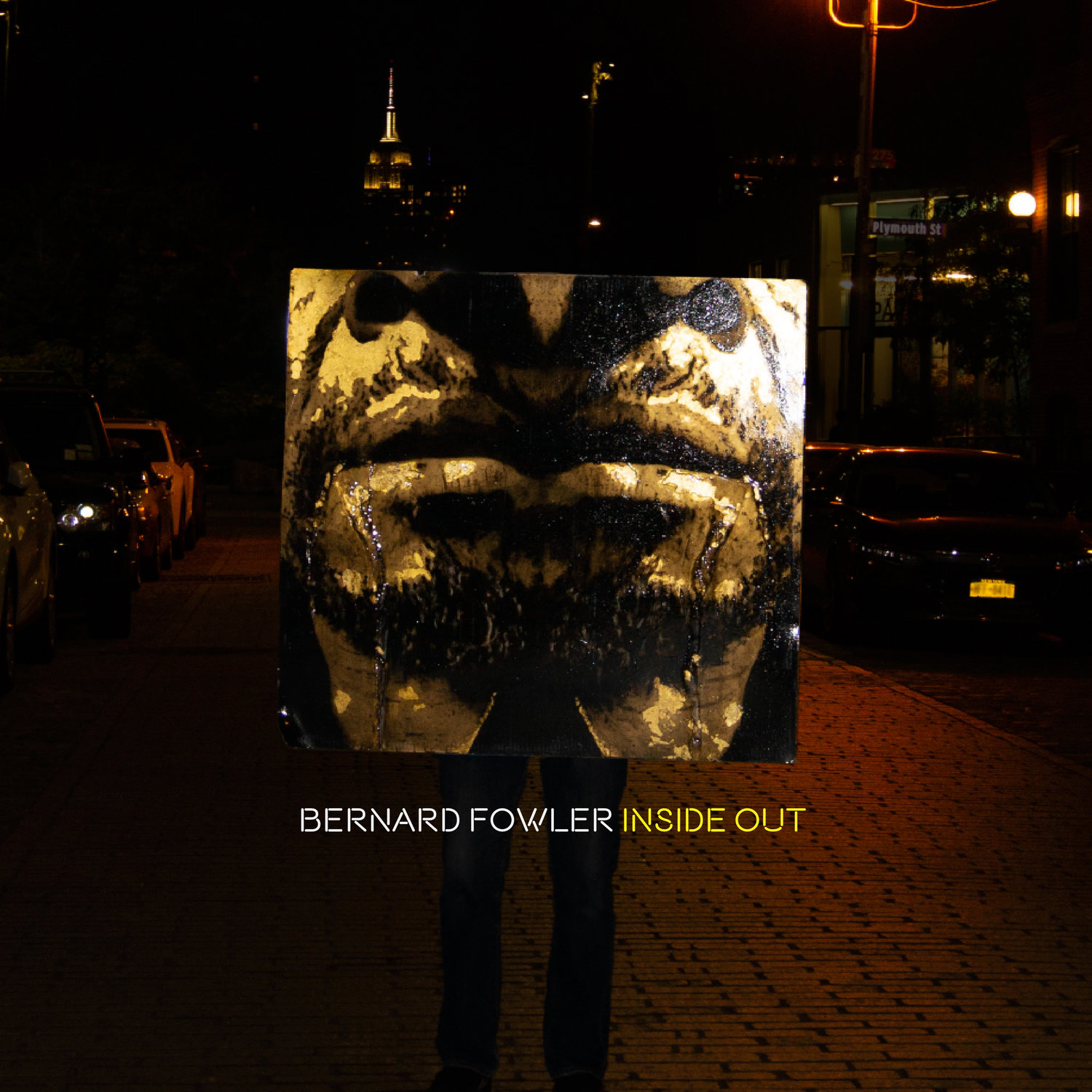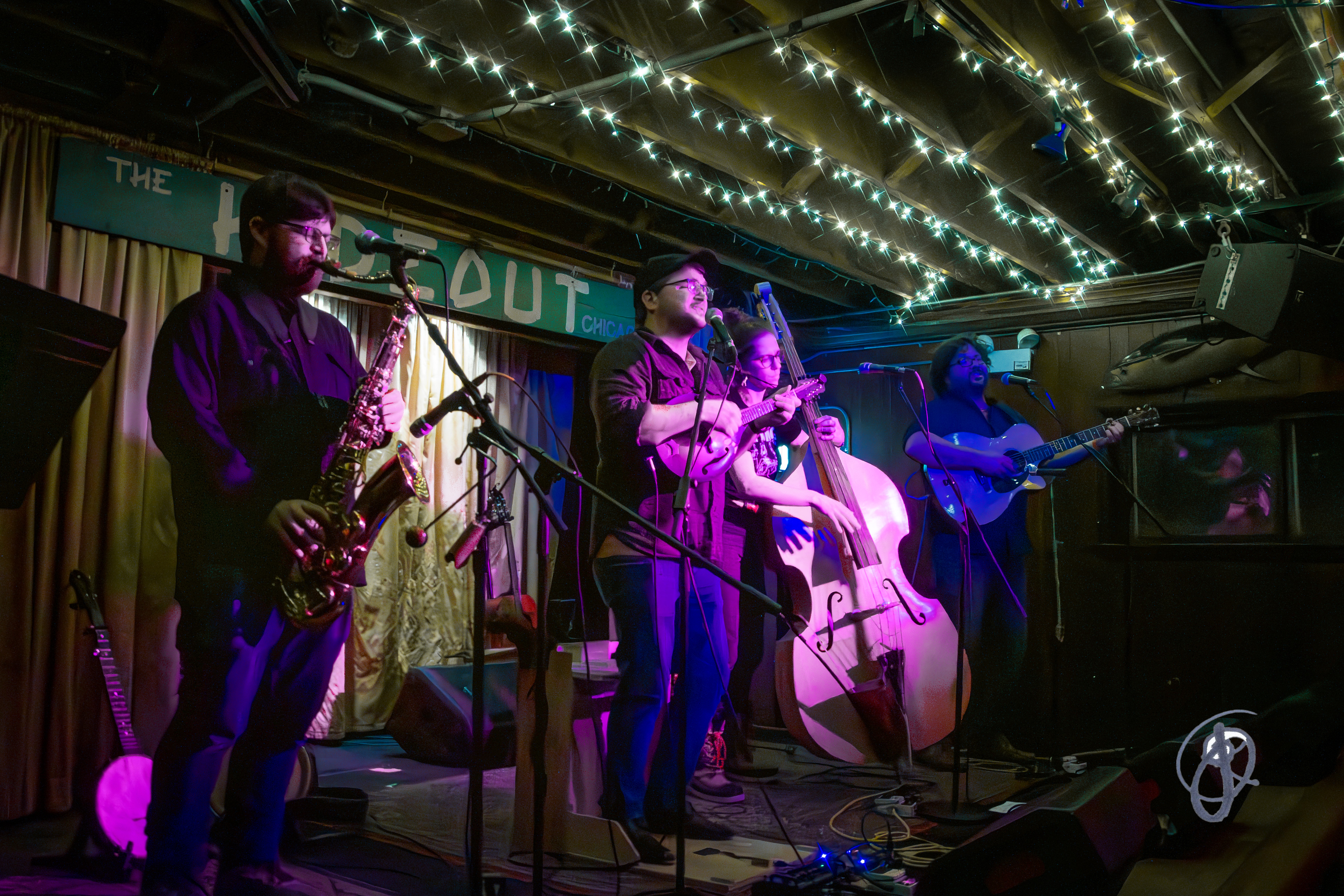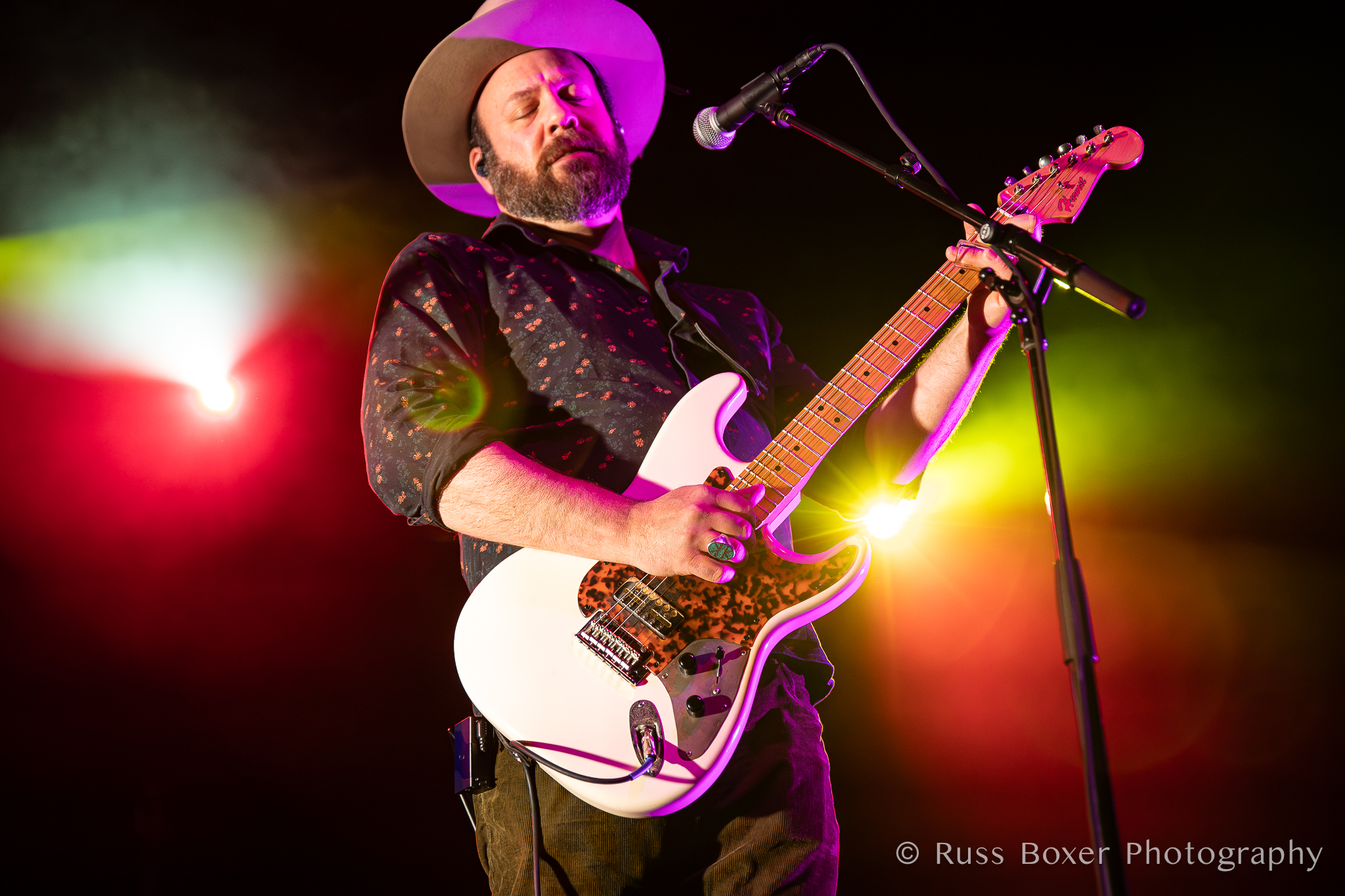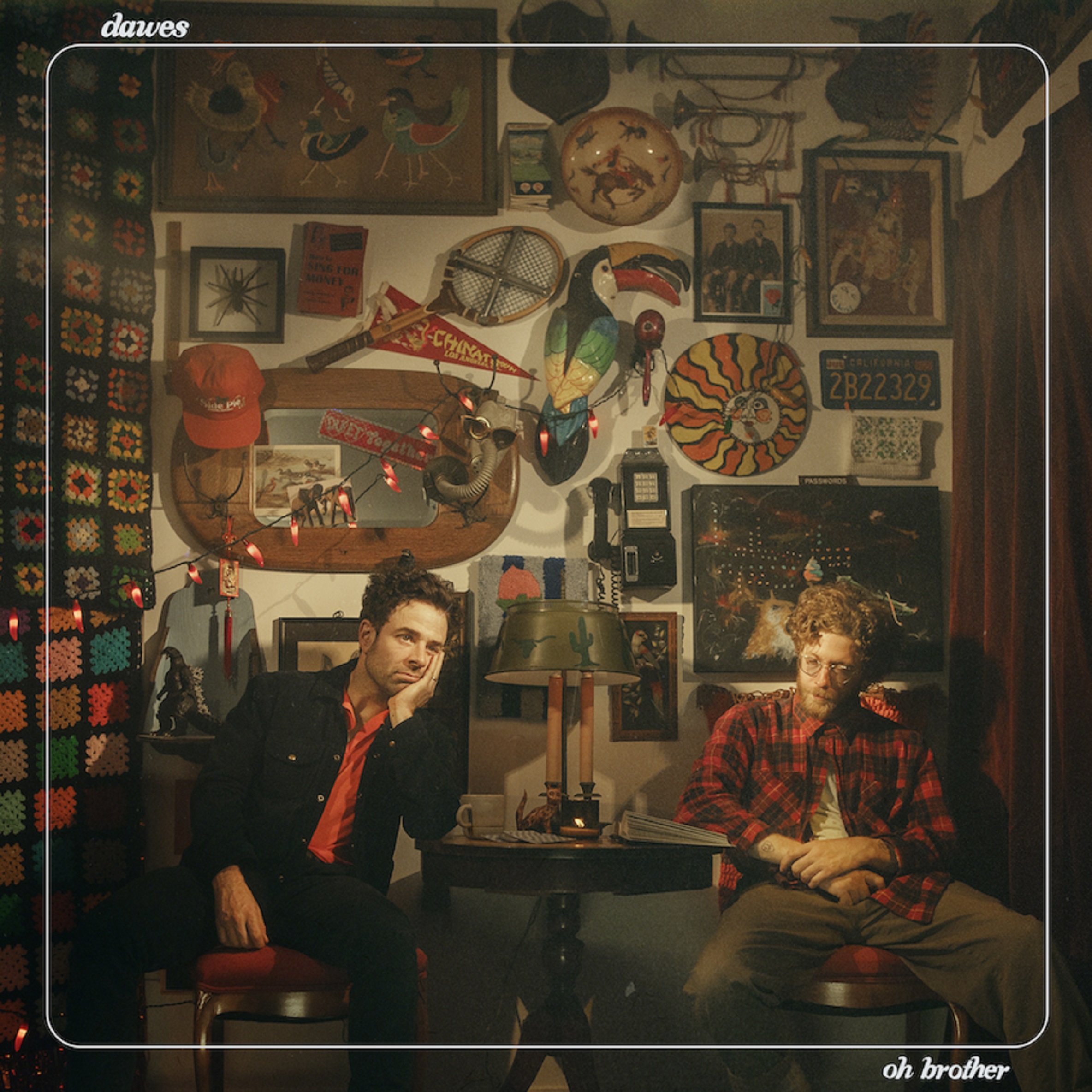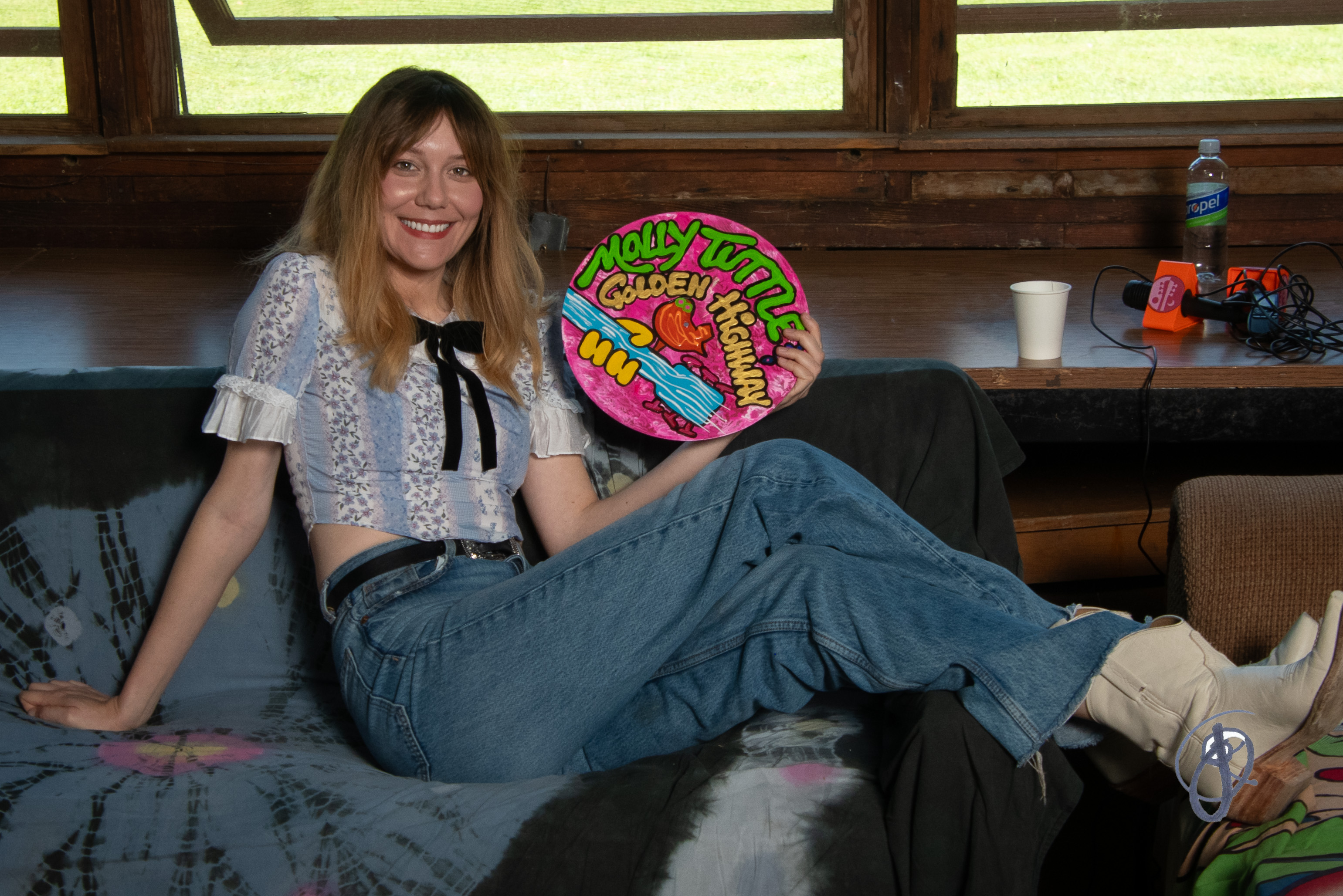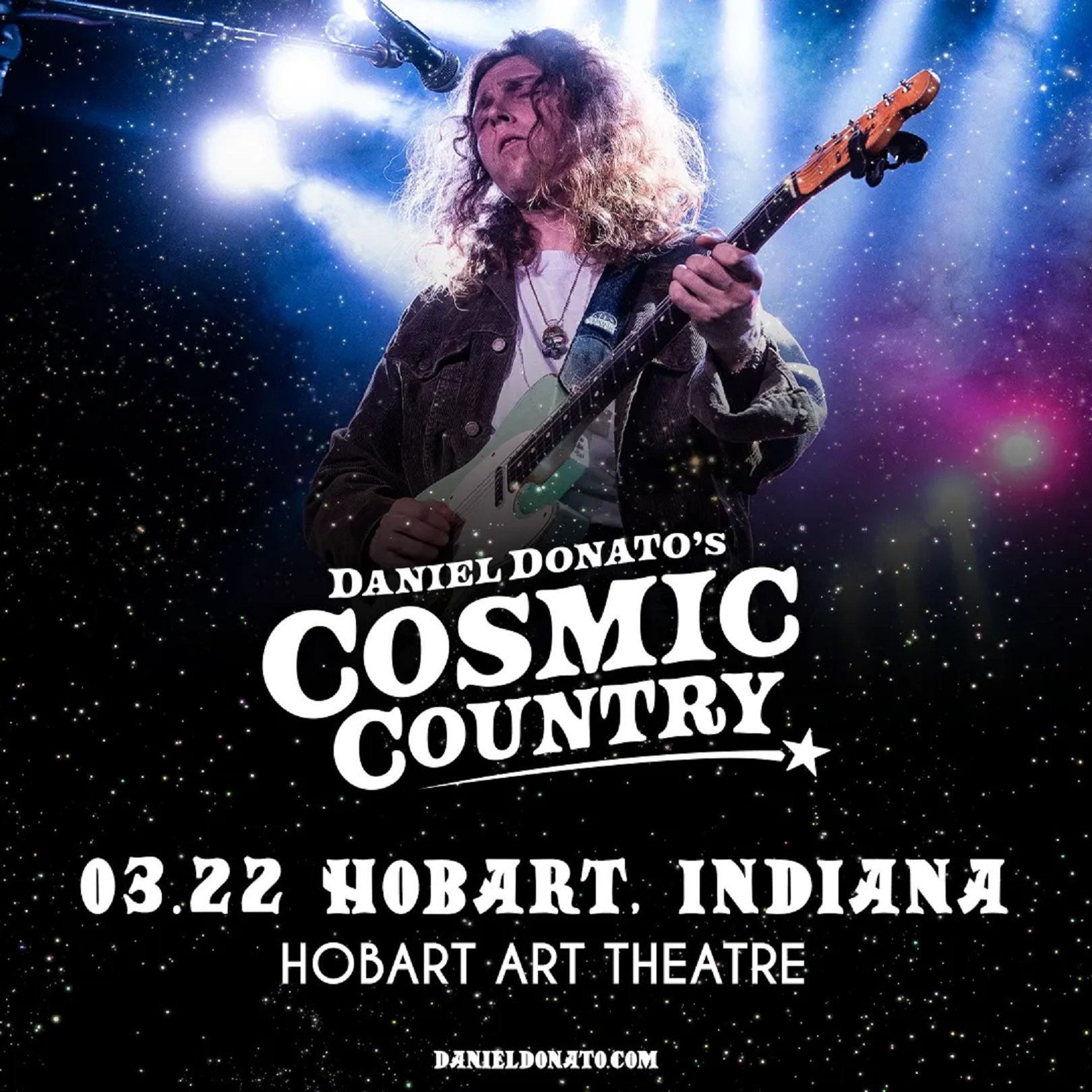Inside Out is the new album by Bernard Fowler, a man who is Mick Jagger in his own right. After touring as backup vocals with The Rolling Stones since 1989, Inside Out takes his own perspective of hand-selected Rolling Stones songs. Driven by percussion and spoken word poetry, this disc is a must-have for Rolling Stones fans as well as fans of salsa, spoken word, soul, and R&B.
GW: Hi Bernard! Where am I speaking with you from today?
BF: I am in New York City.
GW: Very nice. Are you playing tomorrow?
BF: No, we played yesterday. I am playing tomorrow doing my own stuff at a place called the Jazz Standard
GW: That’s gonna be nice!
BF: Uh-huh!
GW: Great! I wanted to talk about your own stuff. So, paint the picture for us - You’re in the studio, making this album… The opening track, Tie Me Up, it sounds nothing like the original Rolling Stones version. It sounds almost spontaneous although I imagine it wasn’t.
BF: It wasn’t that easy, but it wasn’t that difficult either. It's a great song, the lyrics are great and it made my job a little easier.
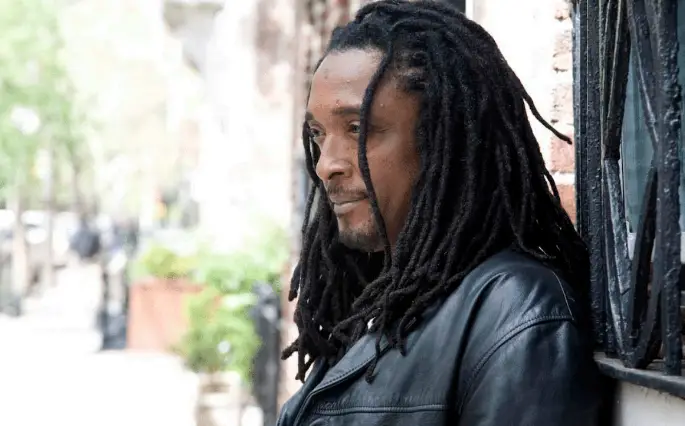
GW: Why was refreshing this beatnik sound important to release to listeners right now?
BF: No, not in particular. It was just something that I wanted to do. I just put out a record, finishing up my last album The Bura (2015) and just before I finished I started thinking about what I would do next. I wanted to do something very different than my last 2 records. There were a few ideas, but spoken word beat out the other ideas so I went with it.
GW: Now with that, I found myself comparing and contrasting between (tracks) All the Way Down and Must Be Hell. Must be Hell, I have to tell you, Must be Hell is my favorite track on the album. It's fantastic! It seems to me that All the Way Down was much more percussion led as opposed to Must Be Hell was driven by the lyrics, or so it seemed to me. Can you comment on that at all?
BF: Well they were all percussion led. The initial idea for the record was just percussion and voice. It was supposed to be just percussion and voice but once I got started. I played a track for drummer Steve Jordan (David Letterman, SNL, John Mayer Trio). He liked it so much, he called me back and said, “Hey Berry, I’ve got to play on that track!” How do you say no to Steve Jordan? He’s only one of the best, if not the best drummer in the country. So he came, he played drums. He wasn’t leaving the studio until he played on everything else, or almost everything else. So all the stuff that was supposed to be percussion is still percussion but there’s a drum kit added.
GW: Nothing wrong with that!
BF: Nothing wrong with that at all!
GW: I see that you’ve got Ray Parker, Jr. on 4 tracks. How did that come to be?
BF: We were recording and when we finished recording the rhythm section, I realized I was missing something and that something was funky rythmn guitar. And when ya need funky rythmn guitar, who ya gonna call?! (HILARIOUS!) I met Ray Parker Jr back at en event to support artists and then a few years later, myself and Ray were a part of the Emmy Awards band. We’ve kept in touch over the years and he came, plugged in an played, and it was exactly what I needed.
GW: That sounds amazing.
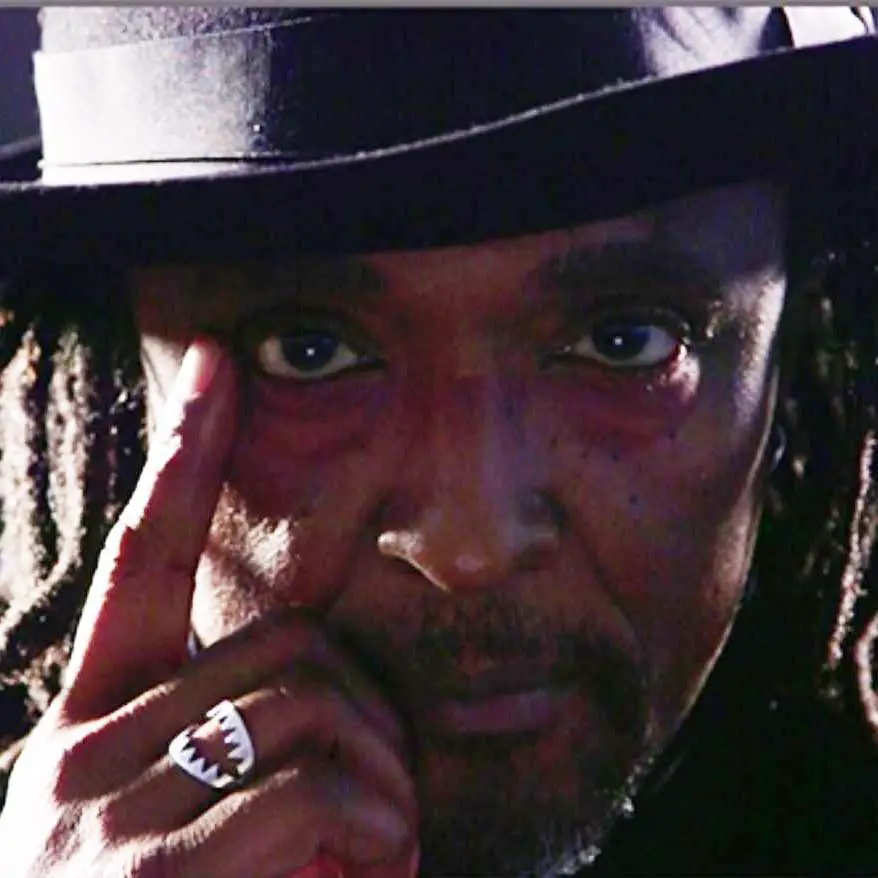
BF: It was!
GW: On that note of synergy, I am calling you from Chicago and Rolling Stone Magazine had mentioned specifically the version of Sympathy for the Devil that you guys played here in Chicago on 6/22/19 with this No Filter Rolling Stones tour. Can you talk about the synergy of this No Filter Tour with your album coming out? Obviously, Sympathy for the Devil is a most beloved Stones song which you have completely deconstructed. How do you maintain your personal style while still being a part of the Rolling Stones?
BF: Well, that’s not hard to do because, in my world, I am the Mick Jagger. I was doing that before I met the Stones. In every situation or band that I’ve been in, I've been the frontman. So, when I met Mick and he asked me to join them on tour, how do you say no to one of your idols who happens to be the frontman for the world’s greatest rock n roll band? I worked with the Stones and have been hanging around ever since. Whenever they go on tour, they call and ask. How can you say no? I can’t say no to that. Here it is now, almost 30 years later.
GW: Well this album Inside Out is so uniquely yours, it’s hard to tell that these are Rolling Stones’ lyrics for sure.
BF: I am so glad to hear you say that, thank you. I wanted… I didn’t want it to be a remake of Rolling Stones songs. What it is, is what I set out to make. I wanted it to be a total reconstruction or rather deconstruction of Rolling Stones songs where I would feature the lyrics. I think a lot of times, up until this record, the lyrics get a little lost. I mean people hear them, but they don’t really hear the content of them. I understand because that rock n roll is so strong and Keith (Richards) plays such strong riffs. It’s easy for people to get lost in them. So in pick n choosing the songs, when I went through the Rolling Stones songbooks, I was looking for strong lyric contents. I found them. Sympathy for the Devil just barely made the record. I also said that I wouldn’t do any of the popular songs and I was not going to do Sympathy for the Devil. I ran out of time because I had to go on the road for both my own shows and I ran out of money. There was no budget for this record. I did it all myself. Sympathy for the Devil seemed like, well the lyrics are very strong and it was easy production for me to do that.
GW: I made the note that somehow you have managed to go from speaking as Lucifer to sounding like Moses. I know these lyrics but it’s exactly as you say, I never heard them that way.
BF: I really tried to take on deliberate, the persona of the devil. I don’t know, I guess I pulled it off. Not everybody likes it, I’ve seen some comments like, ‘Maybe Bernard should stick to singing’ but ya know, everybody doesn’t like everything. Those people are just close-minded people. If it was up to them, they’d stick me in a box and keep me there. I am not one to stay in one box. If you’ve heard my records, you know I like a little bit of everything.
GW: I wouldn’t expect you to do spoken word, that is why I asked why this came out this way at this time. It’s a potent polarized society that we’re in right now. Sometimes you have to slow down, ya know, grounding.

BF: That’s right! I wanted the lyrics to reflect that also. Those lyrics that I chose to use could have been written just yesterday.
GW: Sister Morphine creeps me out. I think if I would have heard it at another time in life but it’s absolutely seductive in a really potent way.
BF: That is one hell of a compliment!
GW: Awww, thank you! It’s got the visual of Uma Thurman with the needle in her arm from Pulp Fiction without any visuals. (shiver)
BF: That’s really great, thank you. Well, I hope people will go out and get a copy of it. Not to toot my own horn but it’s an extraordinary piece of work. It’s not easy to take songs and turn it into a poetry spoken word format and delivering it. It could have gone bad but I am so glad that it didn’t.
GW: At the beginning of the album I was wondering, how much spoken word will be included? But it’s delightfully surprising, the percussion switch offs and everything in between. That’s why I wanted to ask you what your focus was with Inside Out.
BF: I was lucky, I had two, three, four, some of the best percussionists in the country. Clayton Cameron, Steve Jordan, Walfredo Reyes Jr, Lenny Castro, Vince Wilburn, Munyugo Jackson. With those kinds of beats pushing, it’s hard to go wrong!
GW: Yes! This album is a must-have for not only Rolling Stones fans, but any sort of poetry fans, R&B fans, Soul… It’s a must-have in everyone’s collection
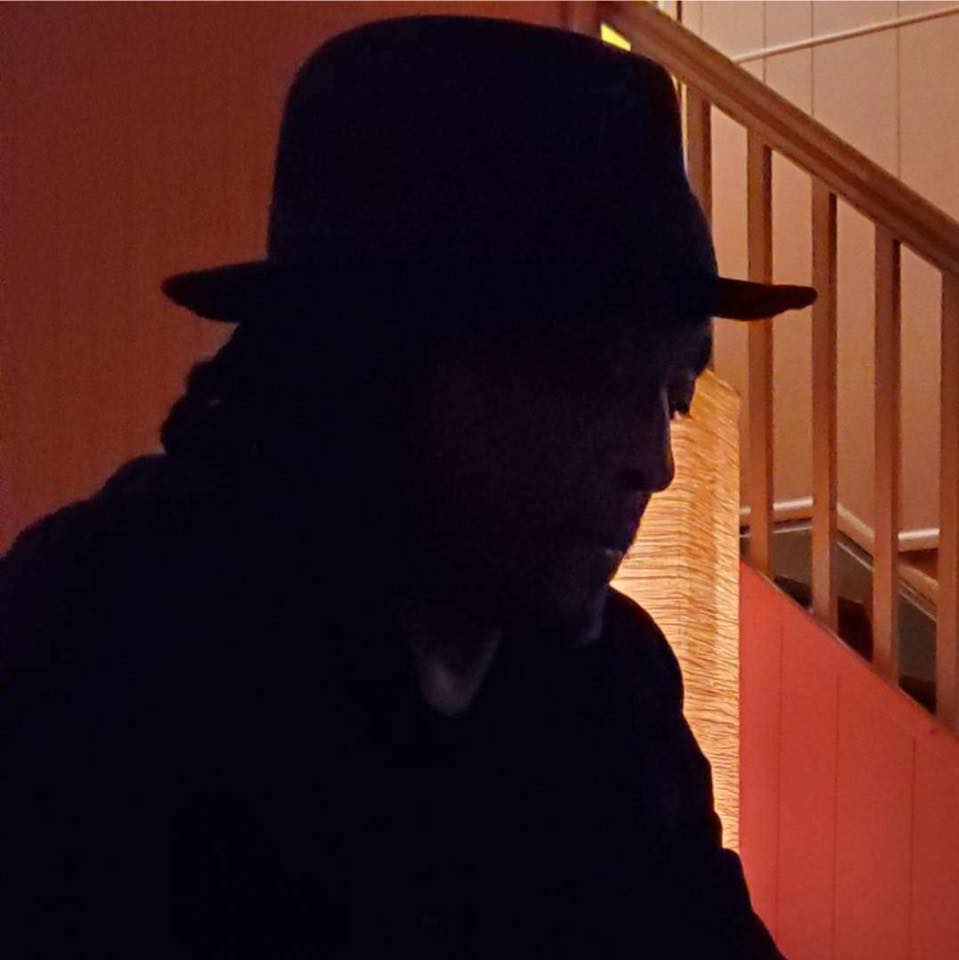
BF: People that love percussion, this is a record for them! People who love salsa will love this record.
GW: Salsa is in every one of us! Well, it has been a pleasure speaking with you today, thank you so much.
BF: Thank You! Enjoy the music.





